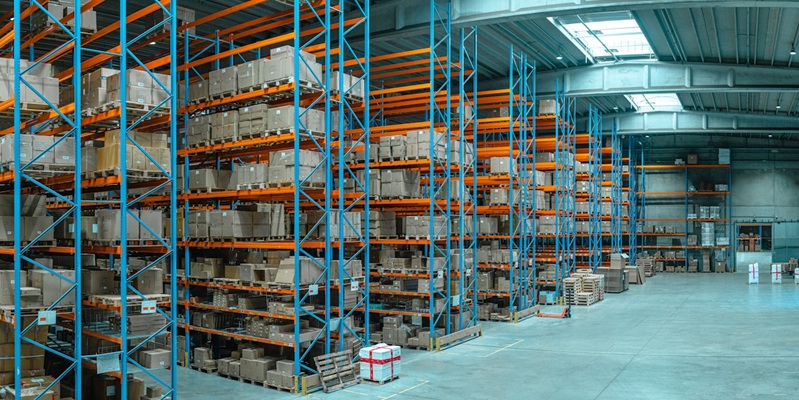In today’s globalized economy, efficient inventory management is crucial. GS1-128 barcodes are revolutionizing supply chains by offering a way to encode comprehensive data such as serial numbers, expiry dates, and more into a single barcode. This technology enhances product traceability and tracking from manufacturers to consumers.
The adoption of GS1-128 barcodes ensures that detailed product information is readily available, enabling companies to better manage inventory levels and reduce order fulfillment errors. This leads to cost savings and more efficient use of resources. Additionally, the standardization of these barcodes promotes consistency across international systems, facilitating smoother transactions and logistics. Consequently, GS1-128 barcodes are invaluable for companies looking to streamline their operations and improve supply chain accuracy.
Enhancing Supply Chain Management
GS1-128 barcodes revolutionize supply chain management by offering detailed tracking beyond simple stock counts. This advanced level of data from scans enables proactive monitoring of product lifecycles, supporting just-in-time inventory strategies to minimize excess stock and cut waste. In critical industries like pharmaceuticals and food, GS1-128 barcodes are instrumental for quick, effective recall actions and adhering to safety regulations. They ensure fast removal of potentially harmful goods, safeguarding public health and upholding brand reputation. Such traceability is also key for building consumer trust by promoting transparency in product journeys. Integrating these barcodes addresses complex logistical hurdles, boosting efficiency, regulatory compliance, and consumer confidence.

